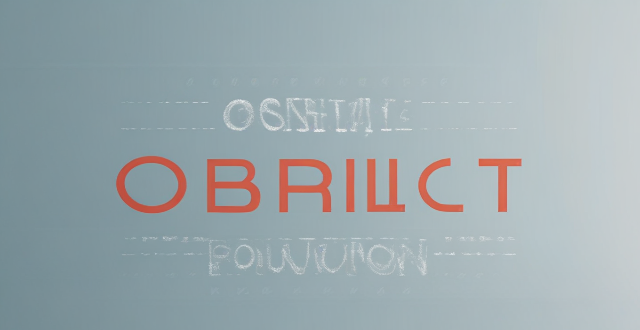The text explores the potential benefits and risks of following a low-carb, high-protein diet for weight loss. Benefits include improved weight loss through faster metabolism and reduced hunger, improved blood sugar control, and improved cardiovascular health. Risks include nutrient deficiencies, kidney strain, and potential long-term health risks such as an increased risk of heart disease and certain types of cancer. It is recommended to consult with a healthcare professional before starting any new diet or making significant changes to eating habits, and a well-balanced diet that includes a variety of nutrient-dense foods is generally considered the best approach for long-term health and sustainable weight management.

Is it Safe to Follow a Low-Carb, High-Protein Diet for Weight Loss?
Following a low-carbohydrate, high-protein diet for weight loss has become increasingly popular in recent years. However, the question remains: is it safe? Let's delve into this topic and explore the potential benefits and risks associated with such a dietary approach.
Benefits of a Low-Carb, High-Protein Diet
Improved Weight Loss
- Faster Metabolism: A low-carb diet can lead to a metabolic state called ketosis, where the body burns fat for energy instead of carbohydrates. This can result in faster weight loss.
- Reduced Hunger: Protein is known to be more satiating than carbohydrates or fats, which may help reduce overall calorie intake and promote weight loss.
Improved Blood Sugar Control
- Reduced Insulin Response: Eating fewer carbohydrates can lead to lower insulin levels, which may improve blood sugar control and reduce the risk of type 2 diabetes.
- Increased Glucagon Release: A low-carb diet can stimulate the release of glucagon, a hormone that helps regulate blood sugar levels.
Improved Cardiovascular Health
- Lowered Triglycerides: A low-carb diet has been shown to lower triglyceride levels, a type of fat found in the blood that can contribute to heart disease.
- Increased HDL Cholesterol: Some studies have found that a low-carb diet can increase levels of HDL cholesterol, often referred to as "good" cholesterol.
Risks Associated with a Low-Carb, High-Protein Diet
Nutrient Deficiencies
- Inadequate Carbohydrate Intake: Cutting out entire food groups, such as fruits and whole grains, can lead to nutrient deficiencies if not properly balanced with other nutrient-dense foods.
- Limited Fiber Intake: A low-carb diet typically involves reducing fiber-rich foods like legumes, fruits, and vegetables, which can lead to constipation and other digestive issues.
Kidney Strain
- Increased Protein Intake: Consuming large amounts of protein can put additional strain on the kidneys, especially for individuals with pre-existing kidney conditions.
- Dehydration: A low-carb diet can lead to dehydration due to decreased water retention from glycogen stores and increased urine production from ketosis.
Potential Long-Term Health Risks
- Cardiovascular Disease: While some studies suggest improved cardiovascular health with a low-carb diet, others indicate an increased risk of heart disease due to higher intake of saturated fats and cholesterol.
- Cancer Risk: Some research suggests that a high-protein diet may increase the risk of certain types of cancer, although more studies are needed to confirm these findings.
Conclusion
While a low-carb, high-protein diet can offer various benefits for weight loss and metabolic health, it is essential to consider the potential risks associated with this dietary approach. It is always recommended to consult with a healthcare professional before starting any new diet or making significant changes to your eating habits. A well-balanced diet that includes a variety of nutrient-dense foods is generally considered the best approach for long-term health and sustainable weight management.